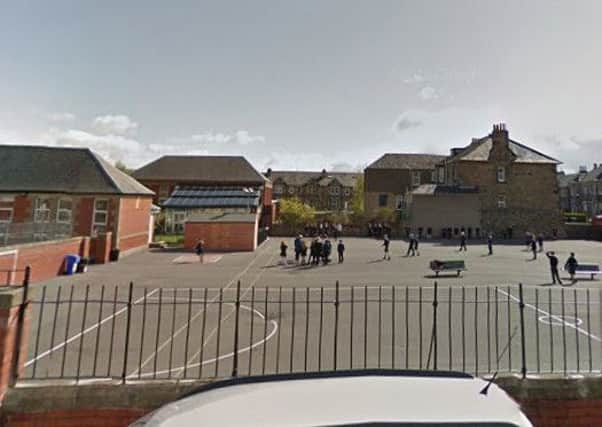Scots school pupils make finals of national autism awards


Have you heard about the AP Gang? I think they’re the coolest gang in town. This group of pupils, from Riverside Primary in Stirling, volunteers to help autistic children at their school. They provide support during break times and school assemblies and, most importantly, they promote inclusion. Parents describe pupils making an effort to play games with their child in the local park, or saying ‘hello’ when they bump into them out and about in Stirling. That little hello can mean a huge amount to families of autistic children.
The AP Gang has been running for three years, and in that time it has helped more than 1,200 people to learn about autism. Teachers at the school have taught their pupils, and those pupils have gone home and taught their brothers, sisters, mums, dads, grannies and grandads. These 11-year-olds have become educators, informing older generations about a condition that is undoubtedly complex and not well-understood in our society.
Advertisement
Hide AdAdvertisement
Hide AdThat’s why the AP Gang has been named as a finalist in The National Autistic Society’s Autism Professional Awards. Sponsored by Axcis Education Recruitment, the awards recognise the services and workers that make a real difference to the lives of people of autistic people. I think it’s just wonderful that a group of school pupils have been shortlisted for this prestigious award amongst some of the UK’s leading professionals. Believe me – the professionals are in very good company!
The approach at Riverside Primary, and the fantastic work of the AP Gang, is so refreshing because all too often I hear about children who are having a difficult time at school. One mum recently told me about the difficulties that her daughter faces at school.
She said that the nine-year-old “doesn’t have a friend in the world”, the other children shun her and they think she’s a “weirdo”. This little girl has just given up hope of ever making a friend. At just nine-years-old, that’s heart breaking. And the other children can’t be blamed for their behaviour – how can they begin to understand and empathise with her daughter if they have no understanding of autism?
I believe that schools – with the support of charities like The National Autistic Society – have a responsibility to increase autism awareness amongst children. The condition affects more than one in 100 people, so chances are we will all come across an autistic person in our lifetime. We need to be equipped to understand the challenges that person might face, and the small changes that can be made to make their lives easier.
That’s why The National Autistic Society is holding its first ever Schools Autism Awareness Week this year. From 14 March we will be asking primary and secondary schools across Scotland to teach their pupils about autism, and we’ve developed a whole range of lesson plans, activities and games to help them do so.
However to really have impact we need teachers to get involved. Helping children to understand autism as they grow up is incredibly important, it will equip the next generation with the knowledge to accept and empathise with autistic people.
Schools Autism Awareness Week takes place on 14-18 March. The National Autistic Society has developed a range of free materials to pupils learn about autism. To download a resource pack, please visit autism.org.uk/get-involved/world-autism-awareness-week
• Jenny Paterson, director of The National Autistic Society Scotland
SEE ALSO